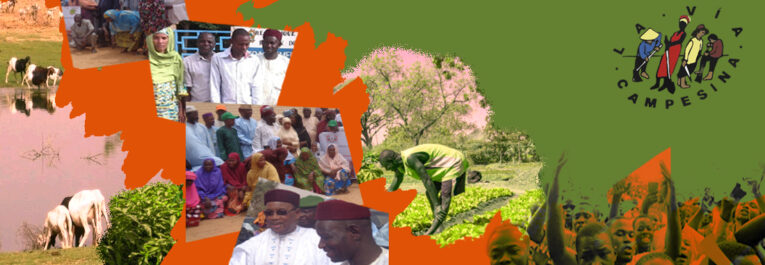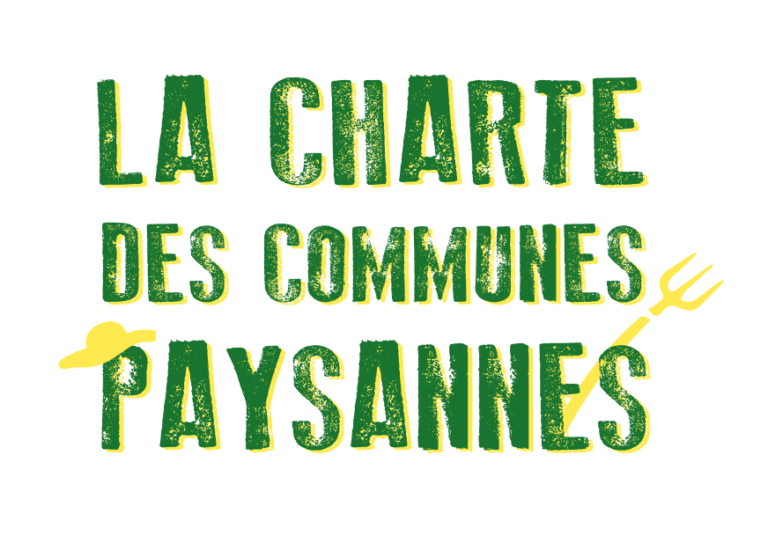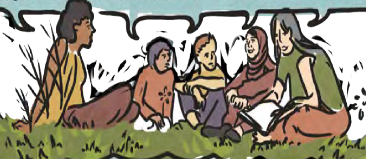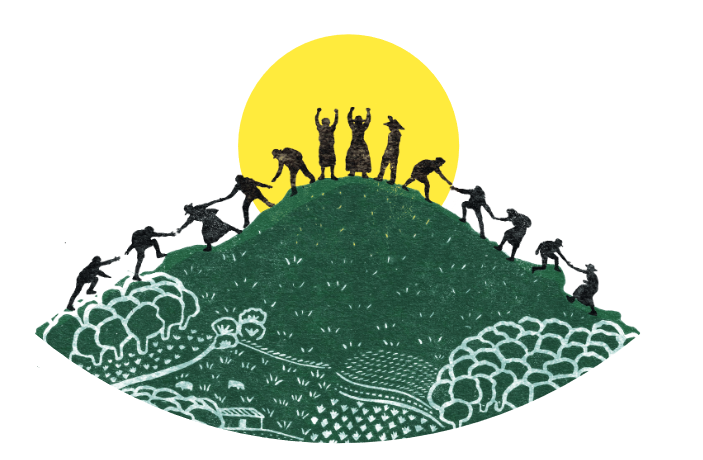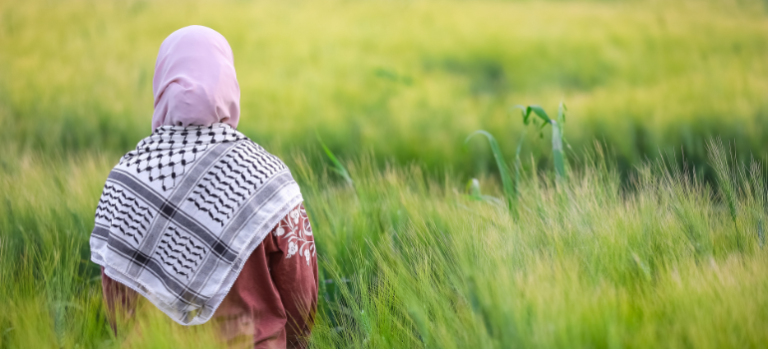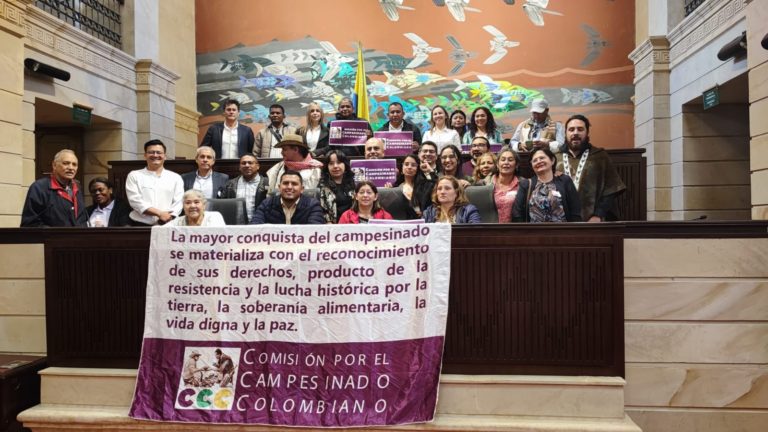La Via Campesina and CETIM denounce the sanctions against Niger
This article was first published on Cetim’s website, on September 20th, 2023. You can find it here.
On July 26, 2023, the Nigerien military overthrew the President of Niger, Mohamed Bazoum. In response, a number of international organizations took coercive economic measures, such as blocking the banking system and imposing trade embargoes.
Unilateral coercive measures and human rights
A biennial “Panel discussion on unilateral coercive measures and human rights” was held during the 54th session of the Human Rights Council in Geneva. Panelists included the UN Special Rapporteur on Unilateral Coercive Measures, Alena Douhan; the UN High Commissioner for Human Rights, Mr. Volkan Türk; the President of Experts Mechanism on the Right to Development, Mr. Mire Kanade; and other experts. Fatimatou Hima from the Plateforme Paysanne du Niger, a member of Via Campesina, intervened on behalf of CETIM to declare and denounce the consequences of economic and financial sanctions against Niger and its people, particularly the impact on Nigerien peasants
In her statement in the plenary of the Human Rights Council, Mme Fatimatou Hima, president of the women’s college of the Plateforme Paysanne du Niger, denounced the planned military intervention in Niger and criticized the coercive measures taken by regional institutions and international organizations such as ECOWAS, UEMOA, the African Union, the World Bank and the European Union, which have an impact on the human rights of the entire population of Niger, particularly the consequences for Niger’s peasants, in rural areas.
Disproportionate impact on rural populations
These measures are designed to have a negative impact on Niger’s economic, social and political spheres. The population is facing a food crisis due to the widespread increase in food prices, difficulties in accessing agricultural, livestock and fishing inputs, and limited access to resources through financial institutions. In addition, rural development aid activities have been suspended, and power cuts are causing economic slowdowns and halting agricultural production. These sanctions have resulted in a disastrous worsening of the agro-sylvo-pastoral and fisheries situation in Niger.
According to Mme Hima from Plateforme Paysanne du Niger, “the approval and preparation of a military intervention by ECOWAS, with France’s obvious willingness to support the project, is extremely worrying. A possible war against Niger and its people will lead to further violations and misery, not to mention the loss of human life and the number of refugees who will leave the country, as well as destabilizing the region. The people of Niger categorically reject all coercive measures imposed on them, as well as any plans for military intervention”.
In her conclusion, Mrs. Hima, on behalf of the peasant members of the Plateforme Paysanne du Niger, urged the Human Rights Council and its relevant mechanisms to demand the immediate and unconditional lifting of all coercive measures imposed on the people of Niger, and the resumption of development aid funding, in particular for rural areas.
In accordance with Human Rights Council resolution 52/13, the Special Rapporteur on the negative impact of unilateral coercive measures on the enjoyment of human rights will prepare a report on the round table discussions, to be submitted to the Council at its fifty-fifth session. This report will provide the Council with information on how to proceed in its examination of the impact of coercive measures on human rights.
La Via Campesina and CETIM will continue to closely monitor the situation in Niger and refer human rights violations to the relevant UN mechanisms, from the perspective of the most vulnerable and in light of the UN Declaration on the Rights of Peasants and Other Rural Workers.
Find La Via Campesina’s call here.
Watch the intervention of Mrs Fatimatou Hima of the Plate Forme Paysanne du Niger (starting from 1h:19m: 00 sec)

